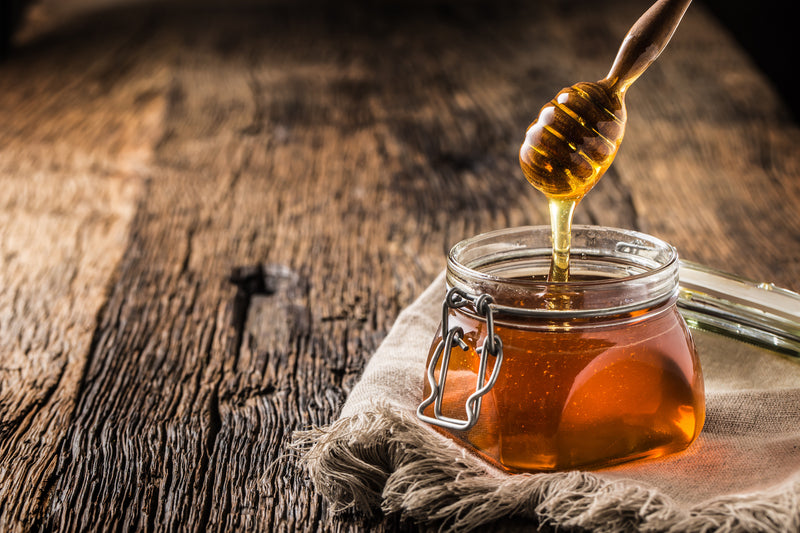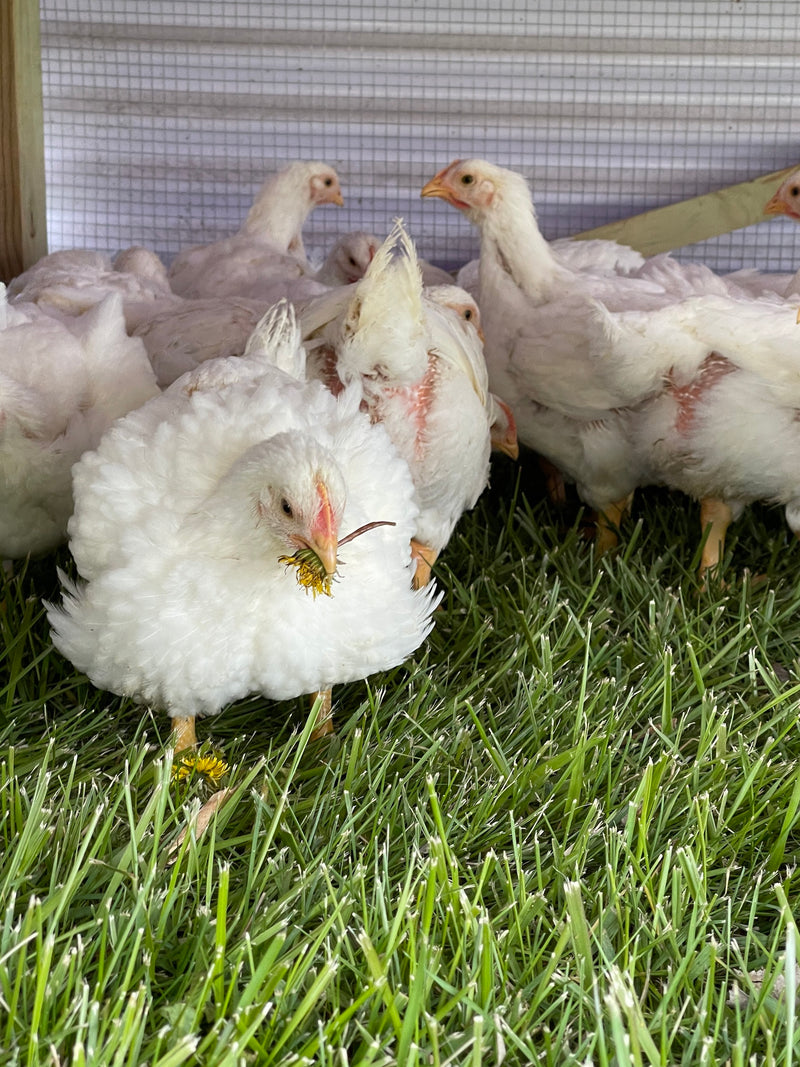In recent years, there has been a growing awareness and appreciation for locally sourced products, and honey is no exception. Local honey, produced by bees in your region, comes with a plethora of benefits that extend beyond its deliciously sweet taste.
-
Pure and Unprocessed Goodness: One of the primary benefits of local honey is its purity. Unlike mass-produced honey that may undergo extensive processing and filtering, local honey is often minimally processed. This means that it retains more of its natural flavors, enzymes, and nutrients, providing you with a more wholesome and authentic product.
-
Allergy Alleviation: Consuming local honey is believed by many to help alleviate seasonal allergies. The theory behind this is that local honey contains small amounts of pollen from local plants. Regular intake of these trace amounts may help your body build a tolerance to the allergens, potentially reducing allergy symptoms over time.
-
Supporting Local Beekeepers: Choosing local honey is a way to support beekeepers in your community. Beekeeping is a vital component of agriculture, contributing to pollination and the overall health of ecosystems. By purchasing local honey, you contribute directly to the sustainability of local beekeeping operations.
-
Environmental Conservation: Bees play a crucial role in pollination, aiding in the reproduction of flowering plants. Supporting local honey means supporting bee populations in your area, contributing to the health of local ecosystems. The decline of bees worldwide is a concerning issue, and by choosing local honey, you actively participate in the preservation of these essential pollinators.
-
Rich in Nutrients: Local honey is a natural source of various beneficial compounds. It contains antioxidants, enzymes, vitamins, and minerals that contribute to overall well-being. The diverse range of plant sources visited by local bees adds to the nutritional profile of the honey, making it a healthier alternative to processed sugars.
-
Taste of Terroir: Just like wine and coffee, honey exhibits regional variations in taste known as "terroir." Local honey captures the essence of the local flora, giving it a unique and distinct flavor profile. Exploring the different flavors of local honey can be a delightful experience for your taste buds.
-
Reduced Carbon Footprint: Choosing local honey also contributes to a smaller carbon footprint. By purchasing honey produced nearby, you reduce the environmental impact associated with the transportation of goods over long distances.
Why did my honey crystalize?
Honey crystallization, also known as granulation, occurs when honey undergoes a natural process where its sugars, primarily glucose and fructose, separate from the water content and form solid crystals. Several factors contribute to honey crystallization:
-
High Glucose Content: Honey with a higher glucose-to-fructose ratio is more prone to crystallization. Certain floral sources produce honey with a higher glucose content, making it more likely to crystallize over time.
-
Temperature: Low temperatures accelerate the crystallization process. If honey is stored in a cooler environment, the glucose in the honey tends to come out of solution and form crystals. However, crystallized honey can be easily returned to a liquid state by gently warming it.
-
Pollen and Impurities: Presence of pollen, propolis, or other impurities in honey can serve as nuclei for crystallization. Pure, filtered honey is less likely to crystallize compared to raw honey with more particles present.
-
Time: All honey has the potential to crystallize over time, especially if it's stored for an extended period. The rate of crystallization varies depending on the honey's composition and storage conditions.
It's important to note that crystallization is a natural and reversible process. Crystallized honey is safe to eat and can be returned to a liquid state by placing the container in warm water or gently heating it. The quality and nutritional benefits of honey remain unchanged during crystallization.
Local honey isn't just a sweet addition to your pantry; it's a wholesome and sustainable choice that brings numerous benefits. Honey is a great natural sweetener. I use it daily in my morning coffee.





0 comments